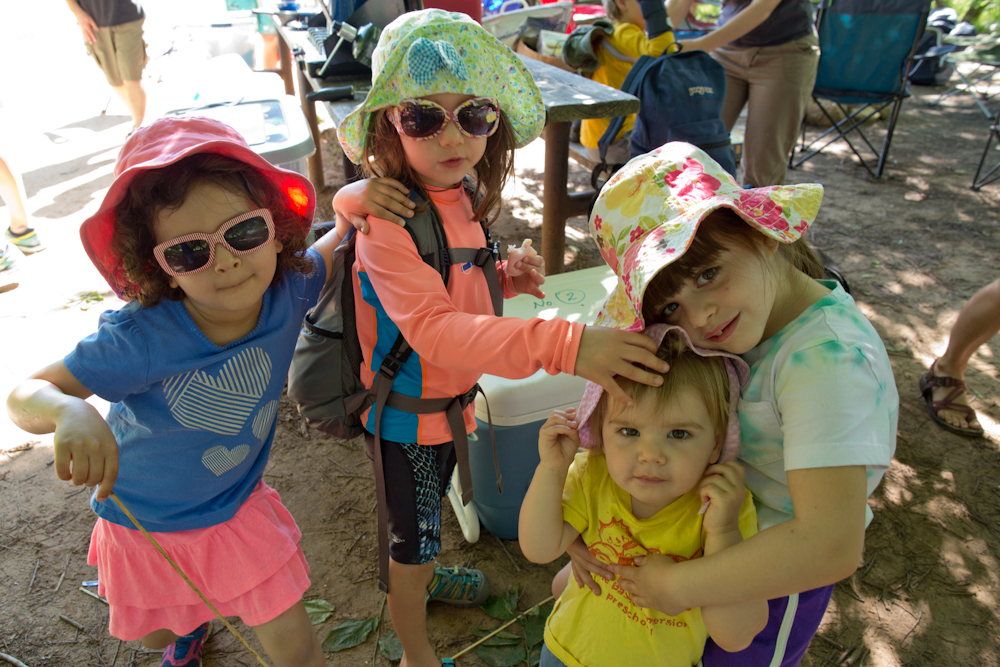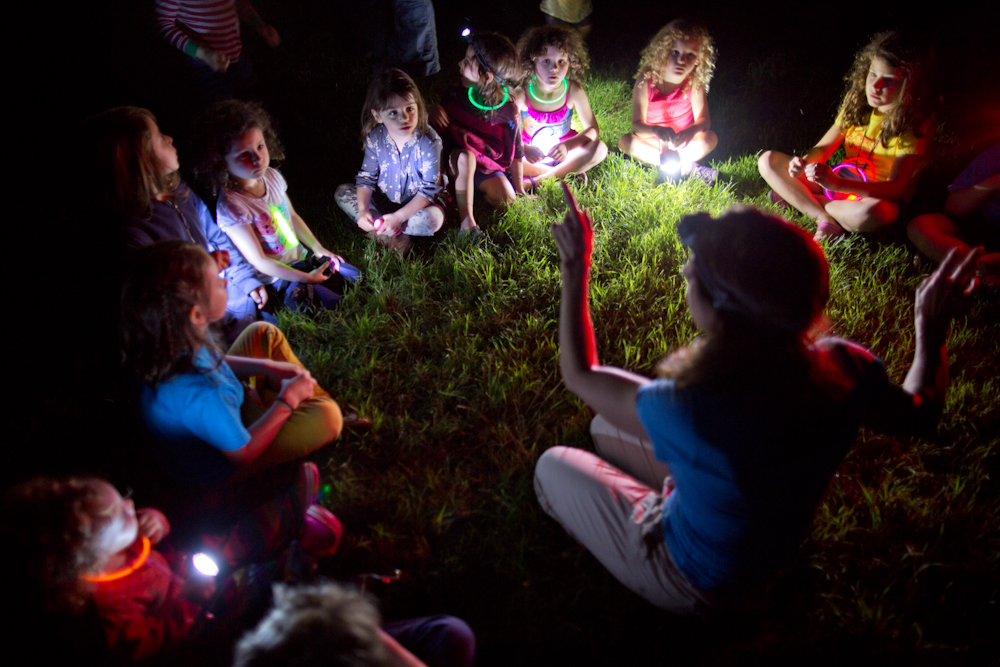Our Philosophy
The focus of Los Amiguitos is to enhance the development of the whole child in a global world, with a focus on:
- Creativity
- Problem solving
- Socio-emotional intelligence
- Empowerment
- Inquiry and love of learning
- Critical thinking
- Respect and sustainability of self, others and Nature.
At Los Amiguitos, we strive to offer an education adapted to each situation and each child, which integrates all components of the child’s development. Some of the major influences for our educational philosophy are Montessori, Reggio Emilia, Forest school, Growing Up Wild, Eco Schools, as well as Project Based, Drama Based, Play Based, Inquiry Based, Story Based, Place Based and Nature Based education.
- Forest school: a flexible, structured and inspirational approach, that is experience driven and child led. It increases inquiry, curiosity and awe, self-esteem, respect, communication, sense of well-being and connection with others and nature, empathy, resilience, independence, and physical and emotional health.
- Project Based Learning: projects make learning meaningful and relevant. They are based on collaboration, working together and using what each child has to contribute, and enable cross curricular education.
- Montessori inspired: The Montessori approach engages children through hands-on self paced learning, independence, multiage groups, and quality of materials.
- Reggio Emilia inspired: Together, as a community, children construct their own learning by their curiosity and interests. These are the basis of themes and in depth projects we develop together. The environment is key to inspiring learning. Parents are invited to participate.
- Waldorf inspired: Inspiring in children the life-long love of learning through rich experiences; valuing each child for who she/he is; integrating arts and multiple senses into cross curricular collaborative education.
- Multiple intelligences: A focus of the whole child entails developing the multiple intelligences.
- Growing up Wild: A curriculum that builds on children’s amazement and curiosity about nature and integrates art, academic and social skills for a lifelong connection with nature.
- Total Physical Response: Movement based approach that works well for learning another language.
- Drama based approach: Makes learning come to life while integrating many cognitive, social and emotional skills.
- Story based: Storytelling, reading books, using puppets and natural elements to create stories. These inspire children, ignite their curiosity, increase connection, foster expressing emotions, and integrate many other types of learning.
- Constructivist Approach: The curriculum is developed based on the interests of the children, who learn from real world experience, trial and error, and making connections. Teachers are facilitators and guides, and adjust for differentiated learning.
- Inquiry based learning: “Why?” is one of a child’s favorite question early on. We encourage children to ask questions and seek answers on their own, by using observation, connections, and research.
- Place Based Education: Encourages children to explore, appreciate and become active participants in the change they see is needed, within their community. It integrates all areas of learning.
Early childhood is the best time to start picking up a foreign language. Children naturally understand and learn in context, and have a great ability to reproduce sounds from foreign languages. Besides getting a head start in the acquisition of Spanish, the children benefit from learning to communicate with people from diverse linguistic and cultural backgrounds, which improves communication skills in their native language. Research has proven that immersion programs also enhance the development of children’s’ right and left brain, their creativity, problem solving, listening skills, flexibility in thinking and linguistic intelligence.
Learning to read and write in Spanish is much simpler (vs. English or French) and allows for greater ease at gaining literacy skills. Once the children have acquired the skill of reading and writing, they can transfer it to any other language.
Many Los Amiguitos students continue in a dual language school after leaving Los Amiguitos. The benefits of Spanish immersion are very valuable regardless of whether your child continues in a Spanish-immersion or dual language program.
Will my child be able to transition to a regular school that is all in English?
Yes! Once children acquire a skill, they can transfer it to another language easily. Since Los Amiguitos teaches the whole child, there is a lot they take with them. With reading and writing, there might be a short phase of confusion for some children, but think of it like driving someone else’s car and at first noticing the brakes are slightly different or the blinker switch is in a different spot. You’ll have a phase of adjustment, but you already know how to drive, so can figure it out easily. Plus, the more you do it, the more flexible your brain becomes.

Here are a few links about the benefits of immersion programs and growing up multilingual:
- NY Times article: Why Bilinguals Are Smarter
- NPR Article: Being Bilingual May Boost Your Brain Power
- NPR Article: 6 potential brain benefits of bilingual education
A multi-age community of learners
In a multi-age setting children and mentors get to know each other over the course of several years and develop strong bonds that are critical to the socio-emotional well-being of the children.Research has pointed out that most students in multi-age settings have higher self-esteem, are more helpful, empowered, and do better academically. Multi-age settings have proven to raise a sense of purpose and community, nurturing, empathy, and IQ for the older children as they help and explain to the younger children. Younger children enjoy learning from the older children, and look forward to being able to help younger children that join our school later on.
Though preschoolers and school aged children have separate buildings, all aged Amiguitos spend a lot of time together in the spacious main area outside. They learn a lot from being together, and our curriculum enables most activities to be done in mixed ages and abilities. This setting enables each child to develop at their own pace, reducing related stress of not fitting in on all levels with other children in the same age group.


A Nature Oriented education
Here are a few links about the importance and benefits of outdoor education:


Socio-emotional development is as important as academic skills, if not more at this age. It sets the basis for a solid foundation of future educational and life skills. Learning to work together, connect, help and care for each other, develop empathy, speak assertively, take turns, listen to others, regulate strong emotions, use breathing, centering, and safe places are some elements we implement in our school community.
At Los Amiguitos, we follow many components of Conscious Discipline. We also add in elements from Mindfulness which gives us tools to regulate our emotions while developing a sense of gratitude, kindness and compassion. Yoga is also integrated into our everyday lives, especially breathing, centering and reconnecting with our body and self. Lila, our school director and lead teacher, is a certified yoga instructor.
Community building
It is undeniable that it takes a village to raise a child -this is true from the standpoint of children and parents alike. This is why, at Los Amiguitos, there is such a strong emphasis on community building among children, parents and mentors.
Through many collaborative projects as well as the development of socio-emotional skills, children learn to work together, voice their feelings and listen to others, respect and care for themselves, others and our space, and help each other when the need arises.
We have regular community gatherings at Los Amiguitos that are fun for all ages. Children get to do a short performance through song or dance, acting, yoga, or puppets that celebrates what they have been doing at school. We then follow up with a potluck, which allows for families to get to know each other better.
Families -parents and grandparents, or other relatives are regularly invited to come share and help out. They read books, share their passions, build birdhouses or other objects with children, help with the garden and grounds, share about their culture, language, or art form they practice, and much more. This multi-generation participation is always very special for everyone involved.
We have quarterly community work mornings, where families come together to work on projects at the school. Everyone pitches in together -even children- to help maintain our beautiful space, while at the same time making meaningful connections.
We also organize field trips and community camp outs to facilitate community building and gaining unique life experiences for students and families.Our community camp outs offer a great way to get to know each other in a more relaxed setting, help each other out, explore our surroundings, get familiar with the importance of understanding and respecting nature, and have fun together!




Community engagement
Children at Los Amiguitos learn how they can make a difference within their community, small or large. A few examples of their participation have been: connecting with elders and presenting puppet shows to them, planting trees at different parks in Austin, collecting and distributing food and clothes to those in need, making art to benefit local organizations, making bird houses and feeders, learning about conserving water and organic gardening, writing letters to raise awareness about the environment, cleaning up creeks and parks, sharing our garden produce with our community and donating to local organizations, planting flowers that attract bees, tending to our organic garden.
Through these actions, connections and learning about community needs, children at Los Amiguitos develop an understanding for the importance of helping others, a sense of compassion and empathy, and feel empowered by the positive impact of their actions.


